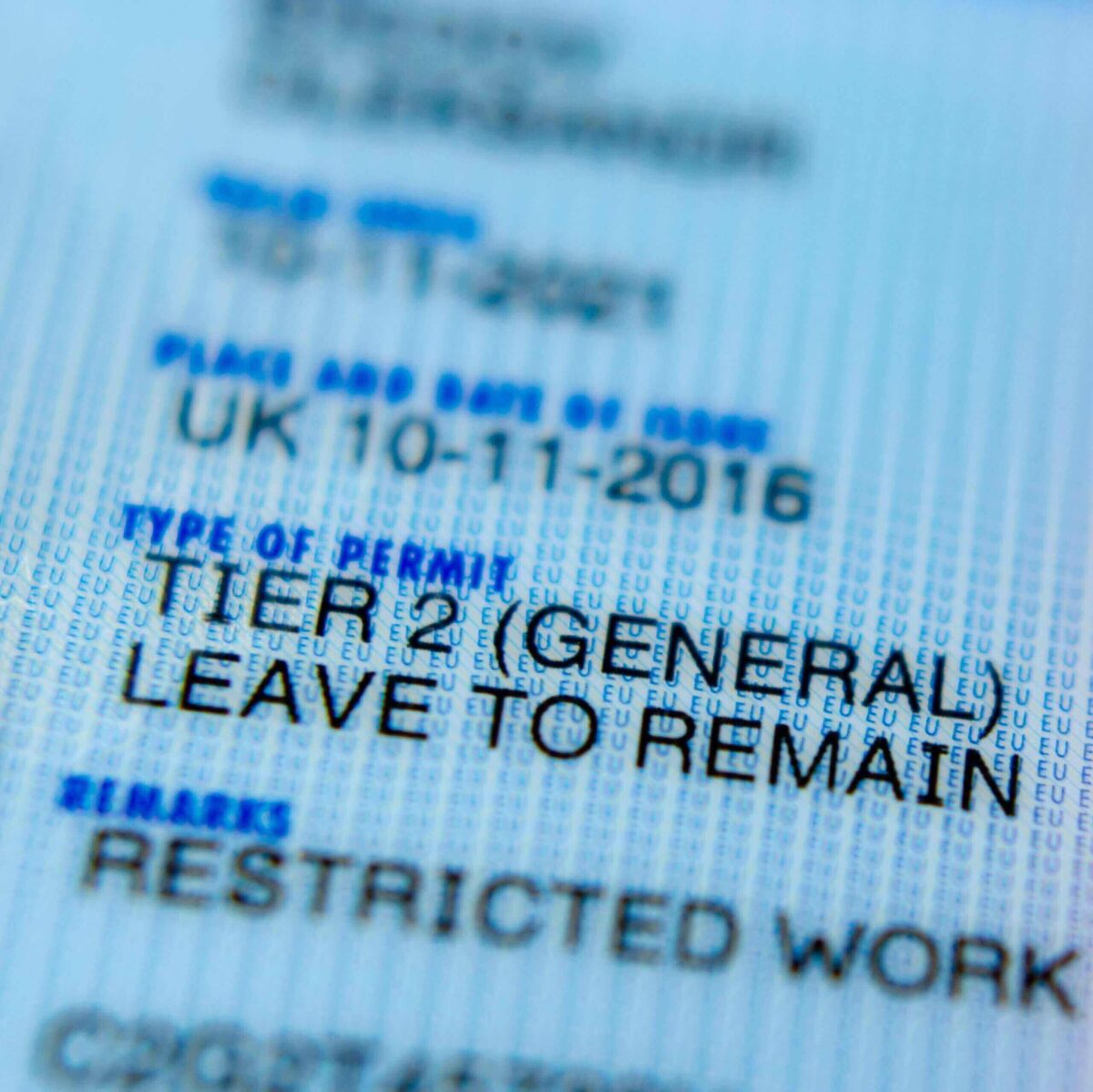Businesses and individuals are facing uncertain times at the moment. There is the immediate risk to health and wellbeing – both physical and mental – physical health issues and other concerns including children staying home from school, exams being abandoned, long-term plans and commitments put on hold and lack of social interaction.
There are also many uncertainties about the impact on businesses and contracts. Contracts can be highly personal – a wedding or holiday or more long term such as sponsorship, entertainment and supply agreements where either suppliers are required to make guaranteed supplies which they may not be able to do or customers are required to purchase minimum amounts of goods or services which they no longer require.
- Can I get out of my contract or can the other person get out of their contract with me?
Start with looking at the contract itself. There may be a ‘force majeure’ clause or some other way to terminate the agreement.
- What is a force majeure clause anyway? This is a legal name for a clause usually stuck in the back of a contract which lets a party avoid performing its obligations in certain circumstances
- What does it mean? That depends – they are all drafted differently and very often not even considered carefully if and when they are negotiated. Each one needs to be looked at individually to see whether it applies and what you have to do to rely on it. Legal advice on its interpretation should be obtained. For example:
- Is the current issue covered by it
- If it is, it that the only reason you can’t perform?
- What else does it say – you must follow any provisions.
- You may have to notify the other party within a fixed time to rely on it
- You may have to take steps to minimise the impact (sometimes called ‘mitigation’)
- In some cases if the event carries on for a particular time the contract may be terminated
- What else should I be concerned about? – if you refuse to perform a contract or wrongfully terminate a contract when you aren’t entitled to, that will create liability
- Is that it for force majeure? Not entirely because Parliament has created laws that may have an impact on whether force majeure clauses will work. For business to business contracts there is the Unfair Contract Terms Act 1977 which may apply and for business to consumer contracts, there is the Consumer Rights Act 2015.
- Can you be more certain? Each case is very much dependant on the facts of the contract so needs to be considered separately. While these clauses have been in contracts for many decades, cases still keep being considered on them so there is no one size fits all.
- I’ve read about the doctrine of ‘frustration’ – will that let someone get out of a contract? This applies when something happens after a contract has been formed which makes it physically or commercially impossible to perform it or even illegal. Although this dates back many years, cases still are being argued over its scope. At the end of last year the courts refused to agree that Brexit was a frustrating event in a long term lease in Canary Wharf to the European Medicines Agency. We may see more leniency from the Courts for Coronavirus but any decisions are likely to only take place after the current crisis has passed. This is a complex area of law and the legal position needs to be considered very carefully in each case. It may be a fast moving area, for example if the Government stops gatherings.
- Other things to look out for – expect some government legislation which may have an impact on these matters to try and relieve contracting parties and reduce uncertainty. If you are a director, also be mindful of your duties as a director and insolvency risks. If you have insurance you should always comply with the terms of the policy.
- Any practical tips? If you can agree something with the other party that would be best in removing some of the likely uncertainties of relying on interpretations of force majeure clauses or legal doctrines. Collect evidence of any facts you want to rely on. It is imperative to understand what your legal position is as accurately as possible as early as you can and then see how you can de-risk any action that you might want to take.
- International Contacts – overseas governments and the EU may start to impose their own laws. This might affect the ability to enforce terms or contracts and limit remedies.
If you have any questions in relation to the above or concerns about your business, contact Clive Halperin, Head of Corporate & Commercial, directly on [email protected] or 0207 822 2220.
© 2020 GSC Solicitors LLP. All rights reserved. GSC grants permission for the browsing of this material and for the printing of one copy per person for personal reference. GSC’s written permission must be obtained for any other use of this material. This publication has been prepared only as a guide to provide readers with general information on recent legal developments. It is not formal legal advice and should not be relied on for any purpose. You should not act or refrain from acting based on the information contained in this document without obtaining specific formal advice from suitably qualified advisors.






